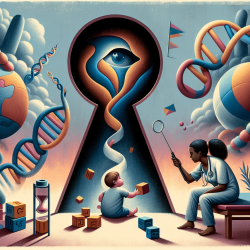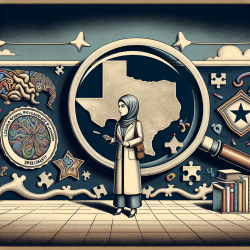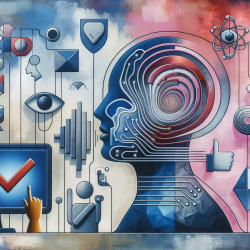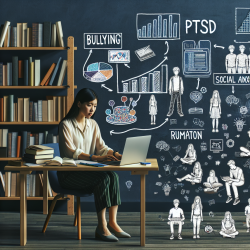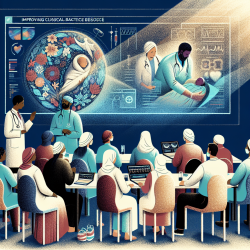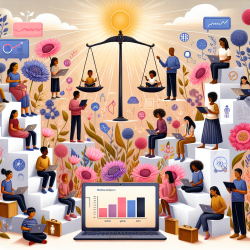Understanding the Link Between RASopathy and Isolated Sagittal Synostosis
For practitioners in the field of pediatric therapy, understanding the complexities of genetic disorders and their manifestations is crucial. The recent study titled RASopathy in Patients With Isolated Sagittal Synostosis provides valuable insights into the intersection of genetic syndromes and cranial deformities, specifically focusing on RASopathy and its association with isolated sagittal synostosis (ISS).
What is RASopathy?
RASopathy is a group of genetic syndromes caused by dysfunction in the MAPK pathway. This includes disorders such as Noonan syndrome (NS), cardiofaciocutaneous (CFC) syndrome, and Costello syndrome. These syndromes are characterized by a range of symptoms, including cardiovascular issues, developmental delays, and distinct facial features. RASopathies affect approximately 1 in 1,000 live births, making them a significant concern in pediatric genetics.
Isolated Sagittal Synostosis: A Closer Look
Isolated sagittal synostosis (ISS) is a condition where the sagittal suture in the skull fuses prematurely, leading to an elongated head shape. While ISS can occur independently, the study highlights its occurrence in patients with RASopathy, suggesting a potential genetic link.
Key Findings from the Study
The study examined five patients with a clinical and genetic diagnosis of RASopathy, all of whom were also diagnosed with ISS. The findings revealed:
- All patients exhibited developmental and speech delays.
- Late presentation of ISS was the predominant form of ISS presentation.
- Genetic mutations in KRAS, BRAF, and PTPN11 were identified among the patients.
Implications for Practitioners
For practitioners, these findings underscore the importance of early and ongoing monitoring of children with RASopathy for potential ISS. Given the high prevalence of speech delays in these patients, integrating speech therapy into their care plan is crucial. Furthermore, the study suggests that genetic testing should be considered for children with ISS to identify any underlying RASopathy.
Encouraging Further Research
The study opens the door for further research into the genetic underpinnings of ISS and RASopathy. By expanding our understanding of these conditions, practitioners can better tailor interventions to improve outcomes for affected children. Collaboration with geneticists and craniofacial specialists can enhance the diagnostic and therapeutic processes.
Conclusion
The study of RASopathy and ISS offers a glimpse into the complex interplay of genetics and developmental disorders. For practitioners, embracing a data-driven approach to diagnosis and treatment can lead to more effective care strategies. As we continue to unravel the genetic mysteries of these conditions, the potential for improved patient outcomes grows.
To read the original research paper, please follow this link: RASopathy in Patients With Isolated Sagittal Synostosis.
